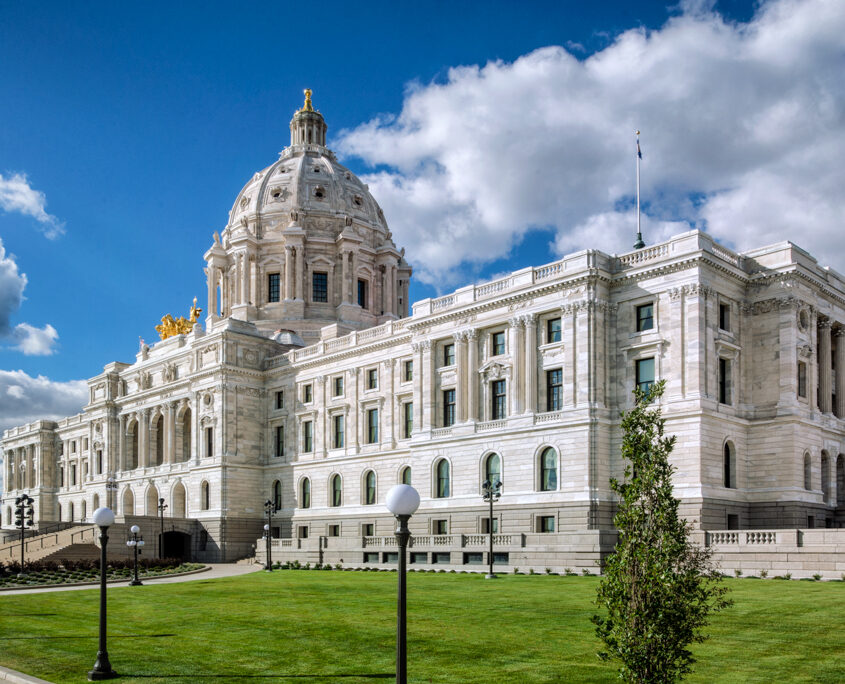2023 Minnesota Legislative Session Wrap-Up
Legislature Adjourns the 2023 Regular Session

The Minnesota House and Senate dropped the gavel on the 2023 session late Monday (May 22) night and adjourned on time for the first time in ten years. This was due at least in part to the fact the DFL had complete control of state government. Democrats laid out an ambitious agenda at the beginning of the session and almost seemed to surprise themselves that they accomplished so much.
“I was like, oh, holy buckets we’re setting expectations really high,” said House Speaker Melissa Hortman. “Because what I wanted to do was under-promise and over-deliver. And I feel like that is what we did.”
Republican legislators may agree the 2023 session was historic, but not that it was a good thing. They pointed to burdensome regulations and massive tax increases all while the state had the largest surplus in history.
“As we congratulate and pat each other on the back for what is an unprecedented, explosive amount of government spending in our state, what does that mean for the future of Minnesota?” Rep. Pat Garofalo, R – Farmington, asked. “What we are seeing right now in the state of Minnesota is an unprecedented migration of people, wealth, and investment out of our state to other communities.”
MPPA was able to exclude the pork industry from many of the most burdensome regulations proposed this session and even provide some property tax relief in the Tax bill. Here is a run-down on some of the top issues that MPPA followed this session:
Ag Homestead Expansion – This bill would expand the current valuation limit for an Ag Homestead from $2.7 million to $3.5 million. While it would vary widely across the state, the average homestead would increase by about 80 acres and farmers would pay the much lower .5% rate on those acres. The purpose of this legislation is to try to keep up with what a commercially-viable farm looks like. The bill was heard in the Senate Tax Committee and was included in the final Tax Bill.
Capital Gains Tax – Governor Walz proposed a new tax on investment income over $1 million when he released his budget recommendations in January, but neither the House or Senate discussed the topic until the final days of the Tax Conference Committee. When the Senate said they were dropping their proposal on the world-wide reporting tax, this Walz provision was brought back to fill the revenue hole in the target. We were able to get agricultural land sales excluded from this tax at the last minute.
Board of Animal Health – The Board of Animal Health(BAH) was a frequent topic of the 2023 legislative session. Legislation was introduced and heard in the House Ag Committee that would have completely transformed the make-up of the Board and taken away all expertise requirements. The bill would also make the State Veterinarian an appointee of the Governor instead of being hired by the Board. There was no companion language introduced or heard in the Senate. The final language in the Omnibus Ag Bill added one additional licensed veterinarian to the Board and requires one of the three licensed veterinarians have expertise in companion animals.
There was also language included in the Omnibus Environment Bill that transfers the jurisdiction over regulating farmed white tailed deer from the BAH to the DNR.
Financial Assurances for Feedlot Permits – This bill would require any feedlot project over 1,000 animal units provide the “financial assurances” for abandonment upfront before the permit could be approved. This would cause a significant financial hardship for livestock producers across the state for a problem that doesn’t exist. The PCA has stated that there are no abandoned feedlots over 1,000 animal units. This bill is included in the House Environment Budget bill, but was removed by an amendment on the House Floor due to objections from rural DFL members. It was not heard in the Senate or included in the Senate Environment bill and did not pass.
Recreation of the PCA Citizens Board – A proposal to bring back the Minnesota Pollution Control Agency(MPCA) Citizen Board moved through the legislature this session. This bill would recreate the Board and give them final authority of the approval of all permitting at the MPCA. The Citizen Board was abolished after the 2015 session, when many legislators felt they were overstepping by denying permits based on activism rather than the merits of the application. This bill is included in the House Environment Budget bill, but was removed by an amendment on the House Floor due to objections from rural DFL members. It was heard in the Senate State Government Committee, but not included in the Senate Environment bill. This legislation did not pass.
Cumulative Effects – A large portion of the various bills dealing with “environmental justice” have to do with measuring and regulating the cumulative effects of pollution in environmental justice areas. These bills are not new, but have been greatly expanding this session. The MPCA Commissioner would have to take these cumulative effects into account before issuing a permit, but a lot of questions remain as to what that exactly means. This bill was heard and included in both the House and Senate Environment bills, but with some significant differences. The final version of this legislation that was included in the Omnibus Environment bill only applies to major air permits and only to permits located in the seven-county metro area.
Odor Regulation – Legislation looking to regulate “offensive odor” was heard in the House Environment Committee and included in the House Environment Bill. This language will require the MPCA and a permit holder to take extensive action to mitigate odor if ten people submit a complaint to the Department. The final language in the Omnibus Environment Bill exempts farms and only applies to permits in the seven-county metro area.
